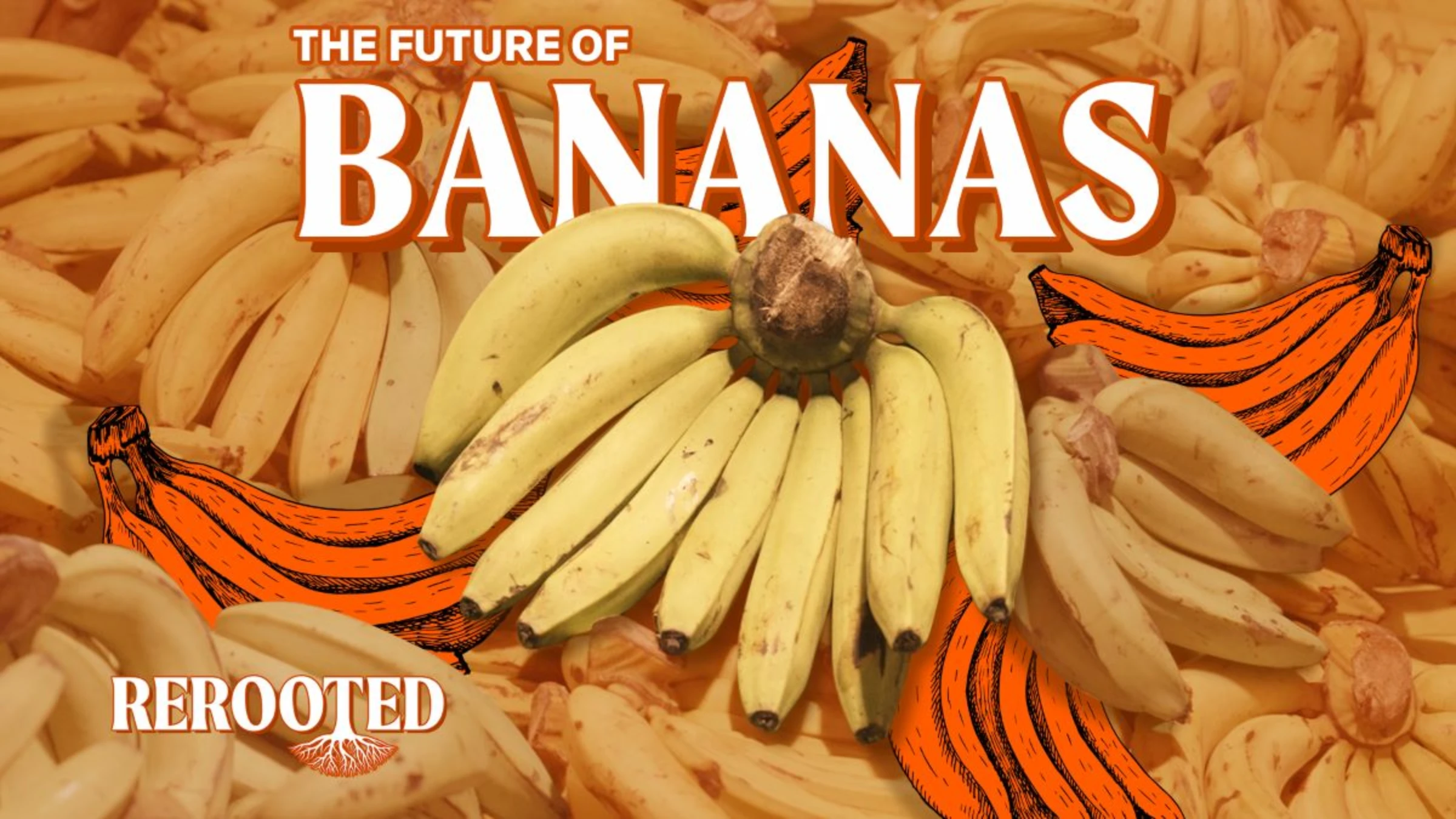The bean that could save coffee from climate change

One of the world’s most popular beverages is in crisis.
Climate change could reduce by as much as half land suitable for coffee production by 2050, due to higher temperatures and extreme weather, and Arabica - by far the world’s most popular coffee species - is in trouble.
Farmers in the world’s biggest coffee producer, Brazil, are trying out a variety of ways to cope, from moving Arabica crops to higher altitudes to planting trees as a buffer against storms. But is a long-forgotten coffee species, cultivated and traded around the world more than century ago, the long-term answer?
We travelled from the highland estates in Brazil to sea level farms in Malaysia to understand the global coffee trade, from bean to cup, spoke to farmers, researchers, and baristas — and tasted many cups of different kinds of coffee — to understand the future of coffee, and if Liberica’s potential comeback is coffee’s best bet to survive climate change.
This video is from "Rerooted", a special series by Context on the future of crops on a warming planet, exploring how we can grow enough nutritious food for a rising global population while protecting the climate and nature.
Subscribe to our YouTube channel | Watch more videos like this























